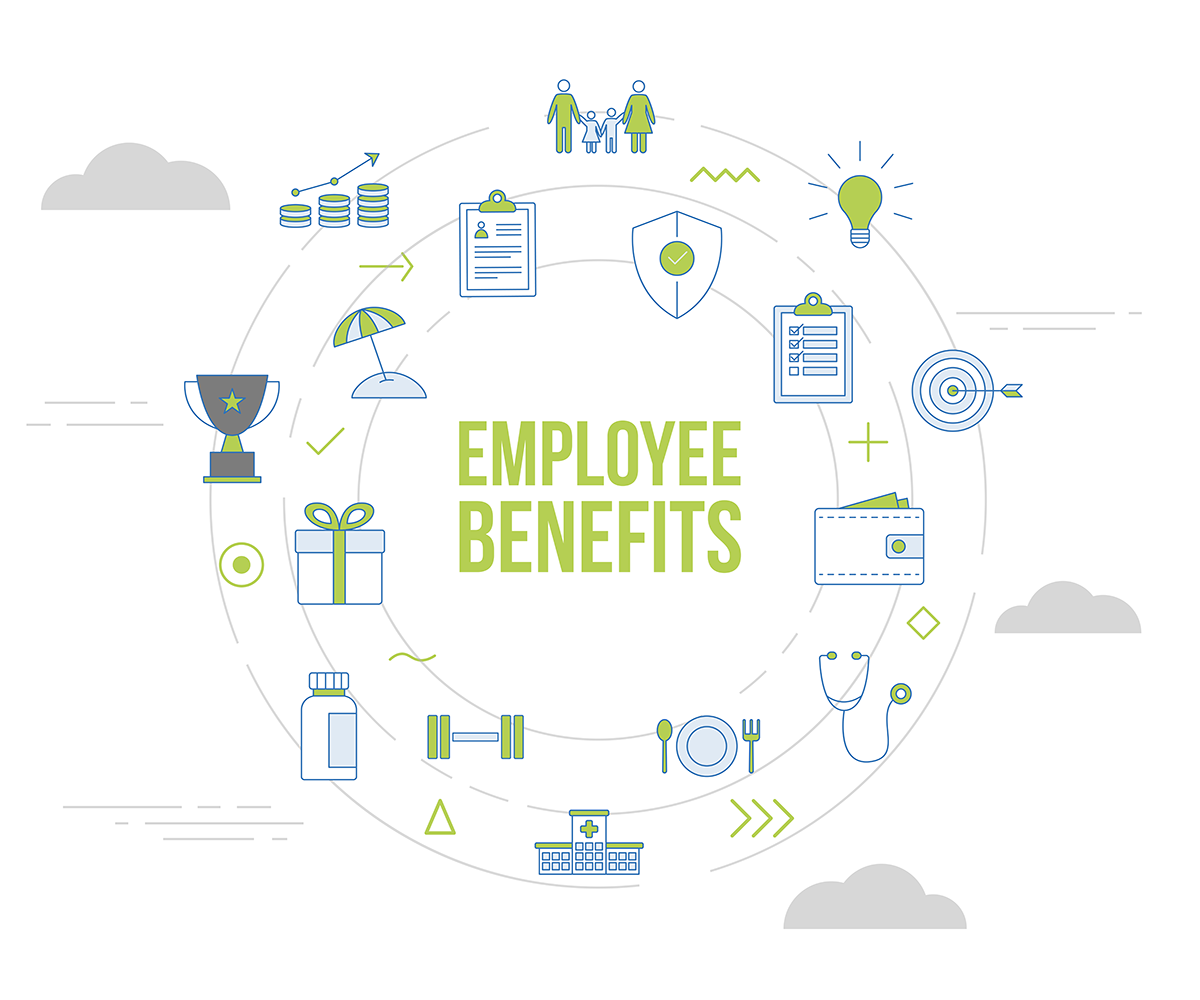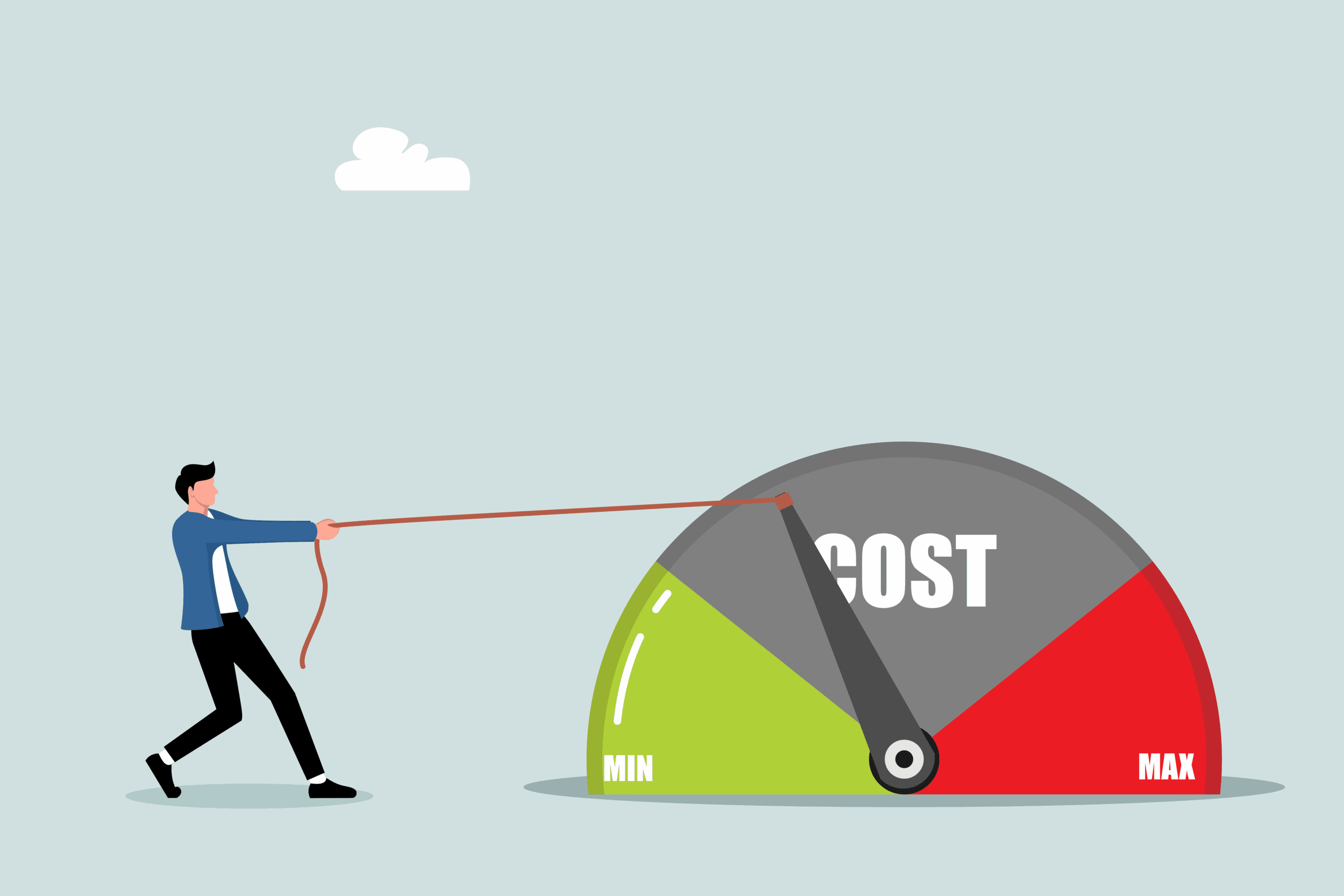Employee benefits are vital for attracting and retaining talent, but for many small business owners, they can also be prohibitively expensive. Between health insurance, retirement contributions, and other perks, the costs add up quickly. That’s where Professional Employer Organizations (PEOs) come in. These organizations offer cost-effective solutions for small businesses to provide competitive employee benefits without breaking the bank.
What Is a PEO?
A Professional Employer Organization (PEO) partners with small and medium-sized businesses to handle key HR functions through a co-employment arrangement. The PEO acts as the employer of record for taxes and benefits while you retain control of daily operations and employee management.
PEOs manage tasks like:
- Payroll and tax filings
- Employee benefits
- Workers’ compensation
- Compliance with employment laws
- Onboarding and HR analytics
The main benefit for small businesses is scale. By combining employees from multiple companies, PEOs can secure benefits and services at rates typically reserved for larger businesses.
How to Save on Employee Benefits with a PEO
One of the most significant ways PEOs help small businesses is by reducing employee benefits costs. Here’s how they do it:
1. Access to Group Purchasing Power
When partnering with a PEO, your business gains access to group employee benefits. Essentially, the PEO pools your employees with others from their client base to form a large employee group. This combined group size enables the PEO to negotiate better rates for benefits such as health, dental, and vision insurance with major providers.
For example, a small business of 10 employees may struggle to afford premium healthcare plans on its own, but through a PEO, those employees become part of a larger group with hundreds or thousands of members, giving them access to lower-cost, higher-quality insurance options that would otherwise be out of reach.
2. Streamlined Administration Costs
Administering benefits can be time-consuming and expensive. Between choosing plans, managing employee enrollments, and keeping up with compliance, the administrative burden on HR can take away from valuable business priorities.
PEOs centralize and simplify benefits management, often taking the entire process off your plate. This reduces the amount of time and money your team has to devote to these tasks.
3. Comprehensive Benefits Packages
PEOs often go beyond basic health insurance by offering a comprehensive selection of perks and benefits. This includes retirement plans like 401(k)s, employee assistance programs, paid family leave, life insurance, and wellness programs. By offering an attractive benefits package, you can better compete for top talent, even when you’re up against bigger companies.
4. Compliance Support
Navigating the complexities of benefits compliance can be costly if errors are made. From the Affordable Care Act (ACA) to COBRA regulations, there are numerous rules businesses must follow when offering employee benefits.
PEOs employ compliance experts who ensure your business stays up-to-date with the latest regulations, avoiding costly fines or penalties.
How a PEO Broker Helps You Save More
While working with a PEO can significantly reduce costs, finding the right PEO for your business is crucial. With over 900 PEOs operating in the United States, choosing the right one can feel overwhelming. That’s where a PEO broker comes in.
PEO brokers are experts who specialize in helping businesses identify the ideal PEO. They assess your unique HR and benefits needs, compare options, and guide you through the selection process—all at no cost to your business. Here’s how a broker adds value:
1. Tailored PEO Recommendations
A broker takes the time to understand your specific needs—whether you’re prioritizing low insurance costs, specialized compliance support, or robust retirement plans. With this information, they match you with PEOs that align with your goals, saving you from spending hours researching and vetting providers yourself.
2. Cost Comparisons
PEO pricing models vary widely, with some charging a percentage of your payroll and others charging a flat fee. A broker will conduct cost comparisons to ensure the PEO you choose offers the best value for your budget.
3. Negotiation Power
Because brokers work directly with many PEOs, they often have established relationships and knowledge of industry pricing trends. This gives them leverage to negotiate better rates or secure additional perks on your behalf.
4. Ongoing Support
Most brokers provide continued support after you’ve partnered with a PEO. This ensures any challenges or changes to your HR needs are addressed quickly and effectively, helping you maintain a seamless relationship with your chosen PEO provider.
5. Risk-Free Advice
The best part? PEO brokers are typically compensated by the PEOs themselves, so their expert assistance is free for your business.
Take the Next Step Toward Better Benefits
Small businesses no longer have to bear the high costs of employee benefits alone. By partnering with a PEO, you can access affordable, top-tier benefits while reducing administrative headaches and staying compliant with regulations. And with the help of a trusted PEO broker, you can maximize your savings and ensure your HR operations are in the best possible hands.
If you’re ready to explore how a PEO broker can help you save money, talk with our team today. Your employees—and your bottom line—will thank you.






